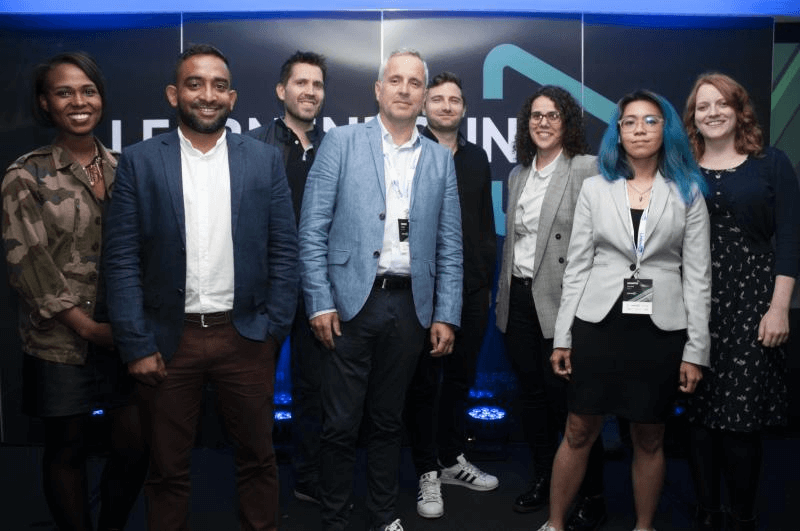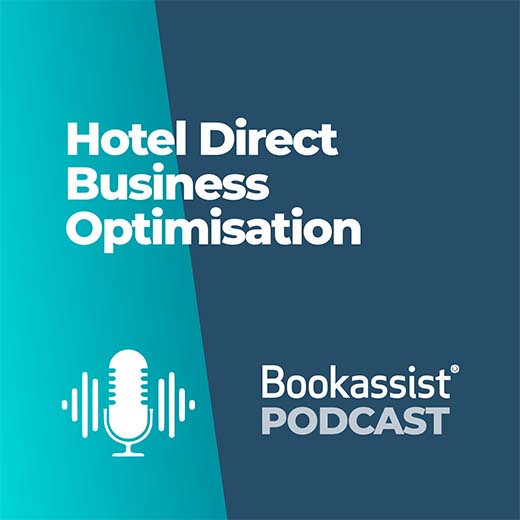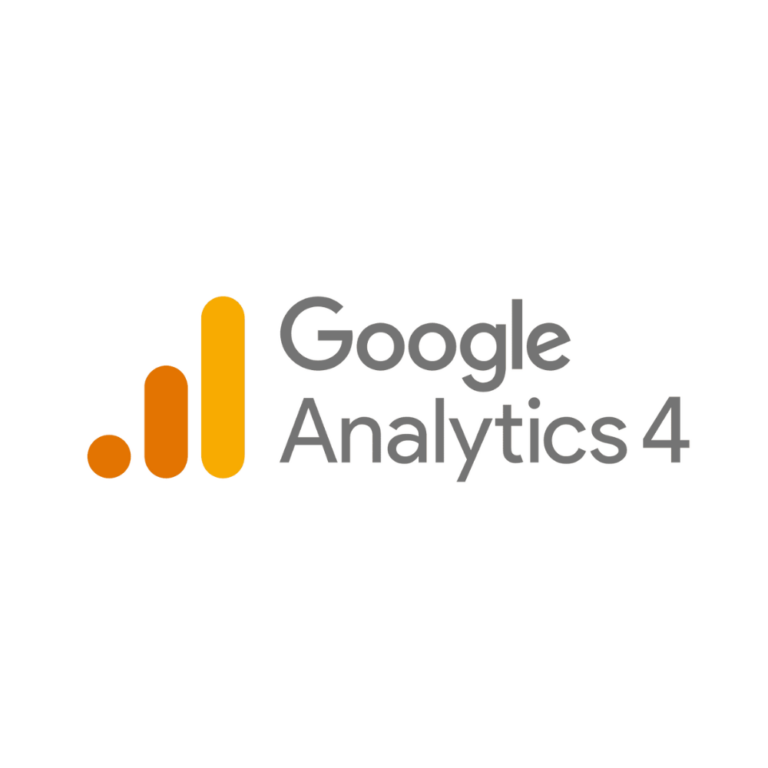
Bookassist’s entire Digital marketing team attended the 2 day event and now, having carefully studied and digested all of the content we bring you our top 10 actionable takeaways.
Social media links aren’t a ranking factor
Increasing the number of links to your website from your social media sites will not help you rank higher in search engine results. So why do digital marketing agencies often advise their clients to include links in social media posts? It’s because good social media content increases awareness, is often shared and can lead to links and mentions from other websites, and this does matter for SEO. You should focus on creating good, shareable content that people will want to click on and link to, as adding links purely to rank for SEO purposes does not work. See Slides.Bounce rate is not a ranking factor but…
You should not ignore metrics like bounce rate. It may not be a ranking factor but a page with a high bounce rate may be indicative of poor user-experience. The page may have a slow page load time, appear poorly on mobile or may not provide a useful answer to a user’s query and this does matter for SEO. It pays to carefully analyse your website’s bounce rate page by page to see if there is an issue or if the bounce rate is as expected for that particular page. See Slides.SEO is an ongoing process
Changes in society and technology influence online user behaviour. As user behaviour changes, search engines need to adapt to continue to provide the best possible information to its users quickly. This can clearly be seen in Google’s efforts to become much more than a search engine. One area of particular interest was the concept of ‘Entity first indexing’. This means that Google has reorganised it’s index based on entity concepts rather that urls or domains, which allows them to reach their goal of organising the world’s information more holistically & accurately by including elements such as apps, videos, podcasts feeds etc which may not have been associated with an entity previously. Featured snippets are another area that should be explored – although they are difficult to achieve, they present an invaluable opportunity, particularly when it comes to voice search. See Slides.Google is now an answer engine
More than half of the searches on Google end without a click to another website. Why is this happening? Google has become very effective at crawling websites and finding answers within content. Google displays these answers in search results, and they often appear above the traditional ‘blue link’ organic search results. This type of search result is often referred to as ‘position zero’. This means that you can be ranked number one in the traditional sense, and users may not even see your website in the search results. This becomes even more important when we consider voice search, as ‘position zero’ is typically the answer returned to most queries. Hotels need to consider how they can answer user’s questions within their content. Answers should not just be placed within a FAQ page silo. For example, if a Google user is looking for “hotel near the Aviva Stadium with parking”, mentioning your parking facilities on your Aviva Stadium page and not just on your FAQ page, provides a useful answer to this question. See Slides.Link building still matters
Quality links have always and still are a key ranking factor. However, businesses are better off not doing any link building at all than buying poor quality links from irrelevant websites. If buying links, focus on ones that will bring good traffic as well as helping with SEO. Approach local businesses for links, as these are considered relevant and useful to users.Answer the Questions on your Brand’s Google Knowledge Graph
Content within the knowledge graph is an area of frustration for many hotels. Google has limited hotels’ control over photos and descriptions. The Q&A feature is one area where you can have a degree of ownership. Q&A’s appear within the knowledge graph and allow users to ask questions which are publicly answered by Google Local Guides (note these Local Guides are other Google users and not Google employees) You need to start answering these questions before some Local Guide (who may not have ever stayed at your hotel) does. The person asking the question (and other users) will get a better answer and you have the opportunity to establish a conversation with them.Local SEO is essential for businesses with a physical presence
Local SEO is far from a new concept but the explosion of mobile traffic over the last few years has placed Local SEO in the spotlight. Why is this? Searches on mobile tend to be more localised in intent and Google is able to capture data on real-world visits. This is powerful data for Google and Greg Gifford speculated that this will become a ranking factor. This type of data feeds Google’s answer engine. Information in the search results is likely to be the first interaction a user has with your brand. You can help feed Google the right data with Google My Business. See Slides.Google My Business is your Local SEO Bible
Google often displays content about your hotel from user-generated content or from 3rd party websites. This can be frustrating. You can increase the odds of Google displaying accurate and flattering content in your favour by regularly reviewing and updating the data you provide to Google via Google My Business. This is more than just updating your name and contact details. Google has added a lot of features that are specific to hotels within the Google My Business interface. This needs to be routinely reviewed and updated. Check out our Google My Business guide to learn more about how you can have greater ownership of your Local SEO presence. See Slides.Create blog content for the top of funnel traffic
Top of the funnel traffic can often be overlooked as visits from users at this stage of the purchase journey don’t lead to a conversion straightaway. However, if we want to increase traffic from users with intent to book, we should not simply ignore the top of the funnel. Creating content for users at this stage of the journey can increase awareness and in time this increases your lower funnel traffic. Your blog is the perfect place to create this content. See Slides.Talk to your guests
Analytics and guest reviews can reveal a lot of information about how guests found your hotel, what they liked or disliked about your hotel. However, talking to your guests, whether it’s through surveys or informal chats, can answer these questions in much more depth. If you choose to do this through surveys make sure you don’t ask your users leading or loaded questions. As Els Aerts put it during her talk, a research question does not equal a survey question. See Slides.
Conclusion
It is important to remember that while SEO is a constantly evolving area, most of the fundamentals remain constant, so it is important to address these, while also keeping abreast of new techniques that need to be applied.





